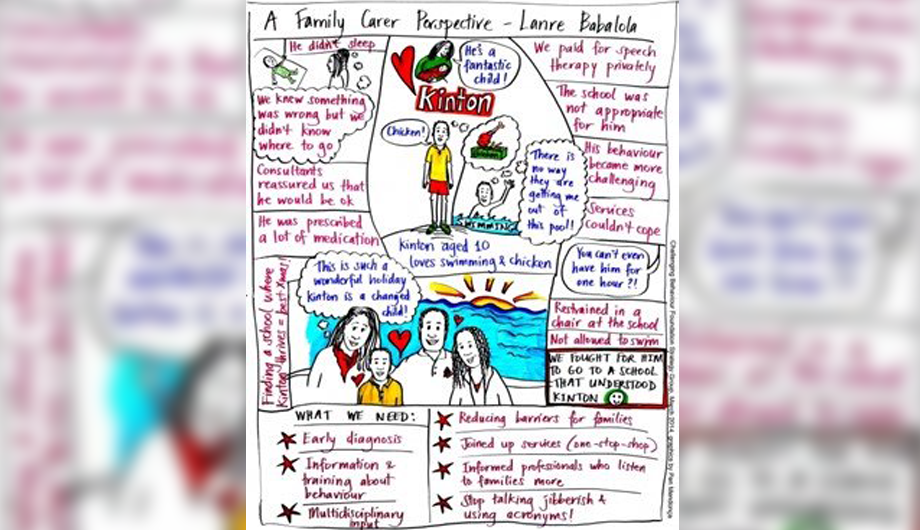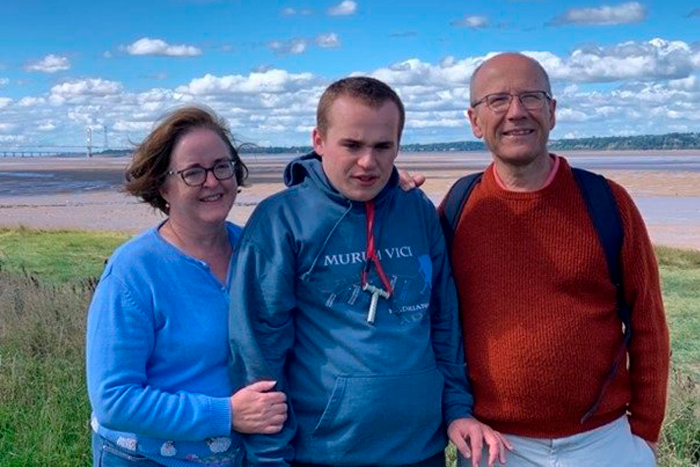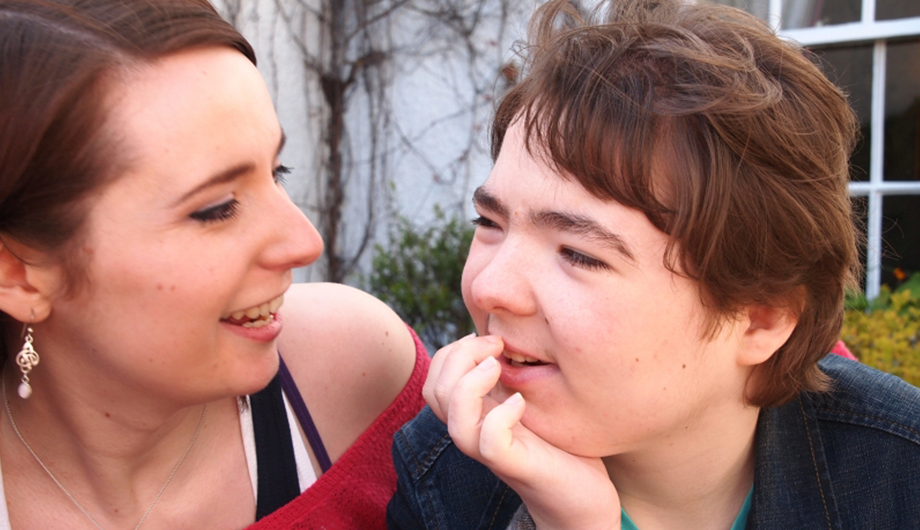
Kinton's Story
Kinton and Lanre's story highlights some of the things that would have made their journey so much easier.

Mary's top tips for creating positive experiences for the whole family on days out.
Over the years we have worked very hard to have positive experiences as a family, including days out. Over time, with trial and error, we have come to realise the things that Alex does like (e.g. trains and being outside, but not wandering aimlessly around) and does not like (e.g. castles or museums) and we plan around that. For example, last summer we went to Scotland and this summer to Gloucestershire, choosing houses to stay in that had a lot of inside and outside space with things to do on site.
Part of the preparation is researching what places are like in advance. What is there going to be for Alex to do and can he cope with it? So we choose to go to places where we know we will have something to enjoy and that will not cause him stress. Or we choose somewhere with space where we know he may find it OK with our support. We do not always show Alex pictures of places we are going (he might not really understand, as he has very complex learning and language and communication disorders) but we do say one-word prompts for him, like “train”, “seaside”, “lunch”, and use the “first and next” planning, to explain the order in which we are going to do things.
This means choosing places and activities that will work for Alex. They might not be what his siblings or we would choose for ourselves. When Alex went to a residential special school a few years ago we were able for the first time to take our other children on a holiday so we could enjoy a wider range of activities together. We are very conscious of the impact of the restrictions in trips and holidays on our wider family life and we are trying to make up for that while our other children still want to go on holiday with us.
Mary, Alex’s mother

Kinton and Lanre's story highlights some of the things that would have made their journey so much easier.

Laura’s communication passport has helped her mother plan the best care.